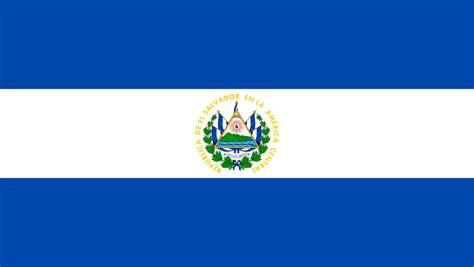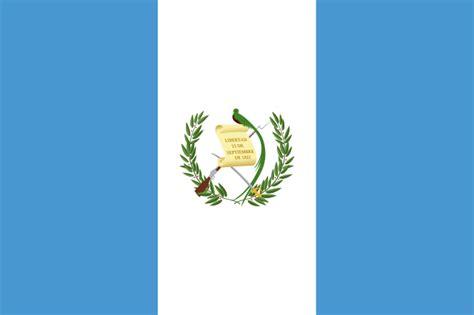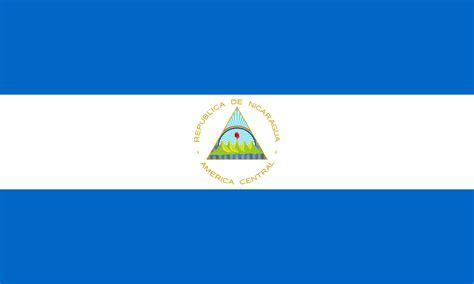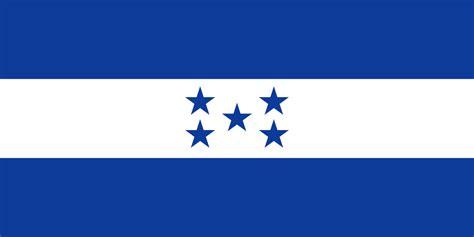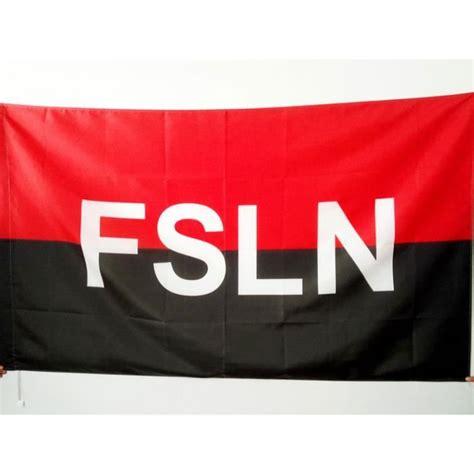In 2021, President Nayib Bukele and his allies in the legislature undermined basic democratic checks and balances. President Bukele’s government has indicated he plans to introduce a proposal to reform the constitution. Gangs continue to exercise territorial control over some neighborhoods and extort residents throughout the country. They forcibly recruit children and sexually abuse women, girls, and lesbian, gay, bisexual, and transgender (LGBT) people. Historically, security forces have committed extrajudicial executions, sexual assaults, enforced disappearances, and torture. Girls and women accused of having abortions have been imprisoned for homicide and aggravated homicide. LGBT individuals face discrimination and police violence. This is the Human Rights Watch 2022 World Report on El Salvador
- Home
- About Us
- Issues
- Countries
- Rapid Response Network
- Young Adults
- Get Involved
- Calendar
- Donate
- Blog
